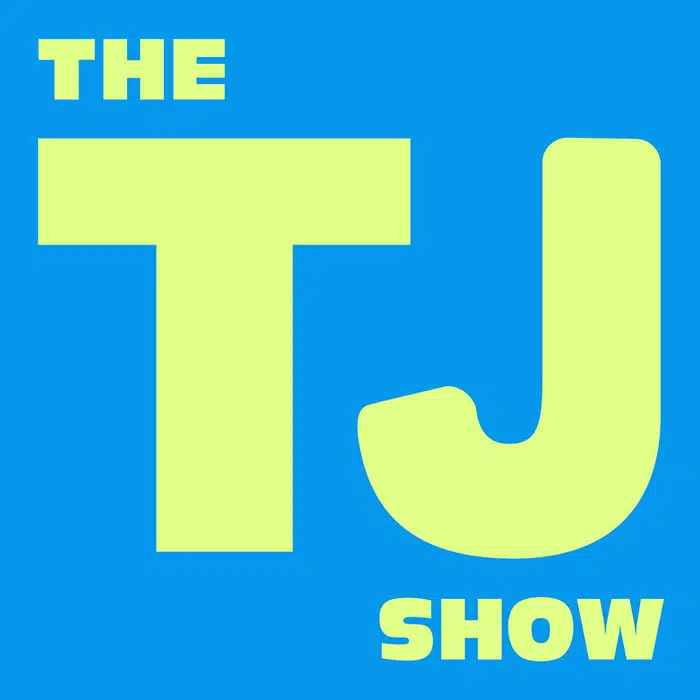By Stephanie van den Berg and Bart H. Meijer
AMSTERDAM (Reuters) -Dutch far-right leader Geert Wilders toppled the ruling coalition on Tuesday, gambling that a snap election focused on immigration will bring victory at the polls and secure his decades-old ambition of holding the highest political office.
“We had agreed that the Netherlands would become the strictest (on immigration) in Europe, but we’re trailing somewhere near the bottom,” he told journalists, speaking after his Freedom Party (PVV) ditched Prime Minister Dick Schoof’s coalition, just weeks before a major NATO summit in The Hague.
“I intend to become the next prime minister. I am going to make the PVV bigger than ever.”
Some analysts said that despite a European shift to the right as seen in Poland with the election on Sunday of a conservative nationalist as president, his plan could still backfire.
Polls indicate declining popularity for the PVV since it joined the government. Even if it remains the largest party, fashioning a coalition will be difficult in a deeply polarised nation. Opposition parties rule out working with Wilders and his sudden move on Tuesday angered and baffled political partners.
Wilders, the longest serving Dutch lawmaker, gradually climbed to power after entering parliament in 1998, running on an anti-Islam platform that called for zero immigration and expelling asylum seekers.
He tapped concerns of voters disillusioned with established politics and concerns about housing costs and healthcare that he has associated with immigration.
His euroseceptic Freedom Party joined a power-sharing, right-wing coalition in 2024 after a record win in general elections, but Wilders said the government failed to make good on promises to clamp down on immigration.
Immigration has slowed significantly since a peak in 2022. The Netherlands received almost two first-time asylum applications per 1,000 inhabitants in 2024, slightly below the European Union average, according to Eurostat data.
Ten EU countries had a higher relative number of asylum seekers last year, including neighbouring Germany and Belgium.
Junior coalition government members, including the conservative VVD party of ex-prime minister Mark Rutte, were reluctant to embrace some of Wilders’ harshest ideas, including closing the borders to asylum seekers, returning Syrian refugees and closing asylum shelters.
Those proposals also flew in the face of European Union obligations and a Dutch humanitarian tradition since World War Two of taking in people fleeing conflict.
Focusing attention on immigration is a critical electoral strategy for the PVV, said Simon Otjes, assistant professor for Dutch politics at Leiden University.
“Wilders is trying to return the focus back to immigration in the hopes that that will be the main theme in the coming elections,” Otjes said. “A lot can happen in the next six months and it will be very unpredictable.”
Political ambition has not been enough to secure Wilders the top job, even after winning multiple elections. He had to give up his claim to the top job last year to strike a coalition deal with three other conservative parties.
Wilders’ anti-Islam rhetoric has prompted death threats and travel bans to Muslim nations that trade with the Netherlands.
His 17-minute film “Fitna” enraged the Muslim world in 2008 for linking Koranic verses with footage of terrorist attacks.
He was convicted of discrimination after he insulted Moroccans at a campaign rally in 2014.
Wilders also called the prophet Mohammad a “paedophile”, Islam a “fascist ideology” and “backward religion”, and suggested banning of mosques, headscarves and the Koran.
The central question now will be whether Wilders can turn a future election into a referendum on immigration policy that effectively undercuts his opponents, said Joep van Lit, political researcher at Radboud University in Nijmegen.
“But it’s hard to tell how voters will react.”
(Reporting by Anthony Deutsch, Stephanie van den Berg and Bart Meijer; writing by Anthony Deutsch; editing by Mark Heinrich)






Comments